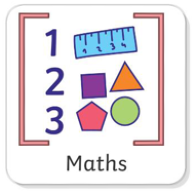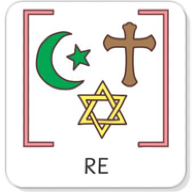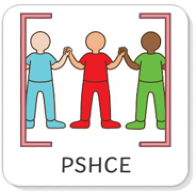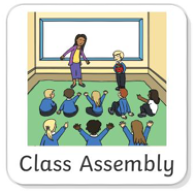Tuesday 6th May
Grammar Warm Up
LC: to blend action, dialogue and description
Let's put all three together to create effective descriptions for our narrative writing.
Look at the example below.
Underline using three different colours
action
description
dialogue
Through the blaze, a voice was shouting, 'Lila! The water! Take it! Take it!'
Suddenly there was a small figure beside her, thrusting something into her hands: a bottle! A drinking bottle with a lid that she tore off, before lifting it to her parched lips and drinking, drinking, drinking deep.
From somewhere overhead, they heard a low whirring sound. Graham looked up, 'It's getting close, but where is it?' he questioned.

Let's create some blended narrative writing about the Jabberwocky.
Think about
-what is the action? (verbs)
- who speaks for the dialogue? (speech)
- what is described? (adjectives)
He took his razor-sharp blade and cautiously moved towards the crackling branches, bellowing with each step, 'Come, fergantic beast! Prepare to meet your fate!'
LC: to analyse texts and compile a list of features of non-chronological report writing
We are going to write a non-chronological report
about our creatures!
What are the features of a non-chronological report?

Think back to the report we wrote in the Autumn Term about the Ancient Greeks and their achievements.
Find this report in your old English book.
Make notes on your whiteboard about the language features included.
Think about
- verb tense?
-formal or informal style?
organisation?
layout?
Let's compile a toolkit!

Now, look at the text
Shark Fact File.
Can you see which features of report writing have been used here?
Highlight and label.
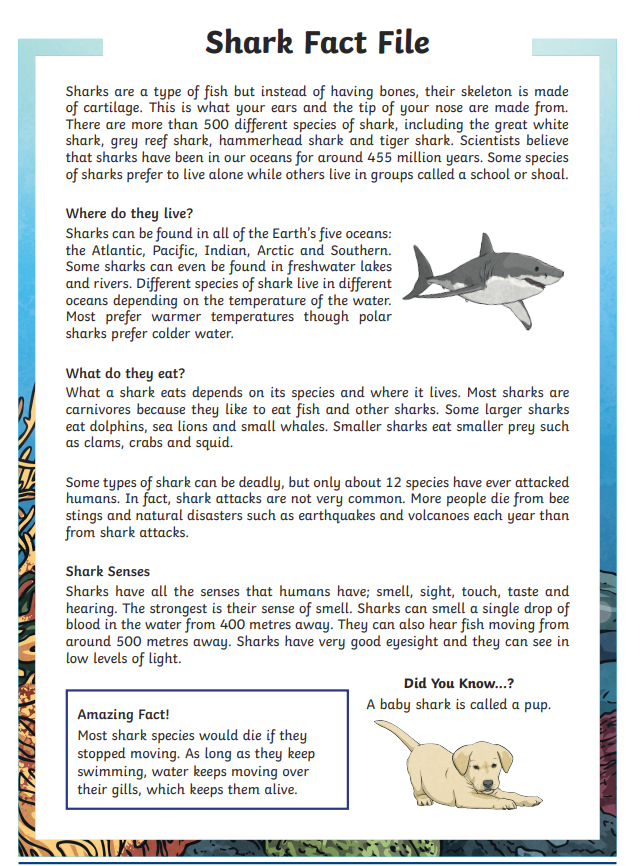
LC: To be able to solve problems involving angles, parallel lines and diagonals.
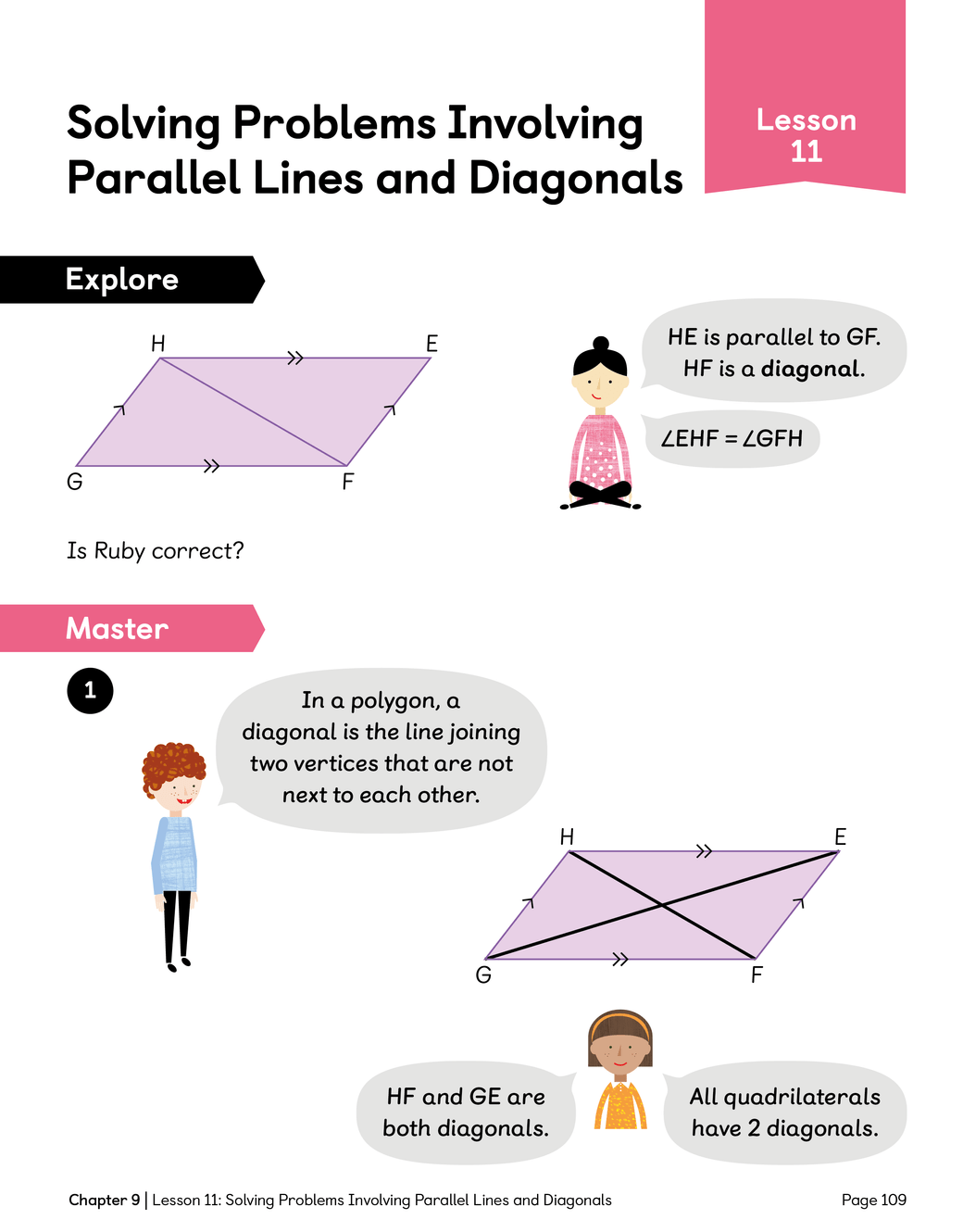
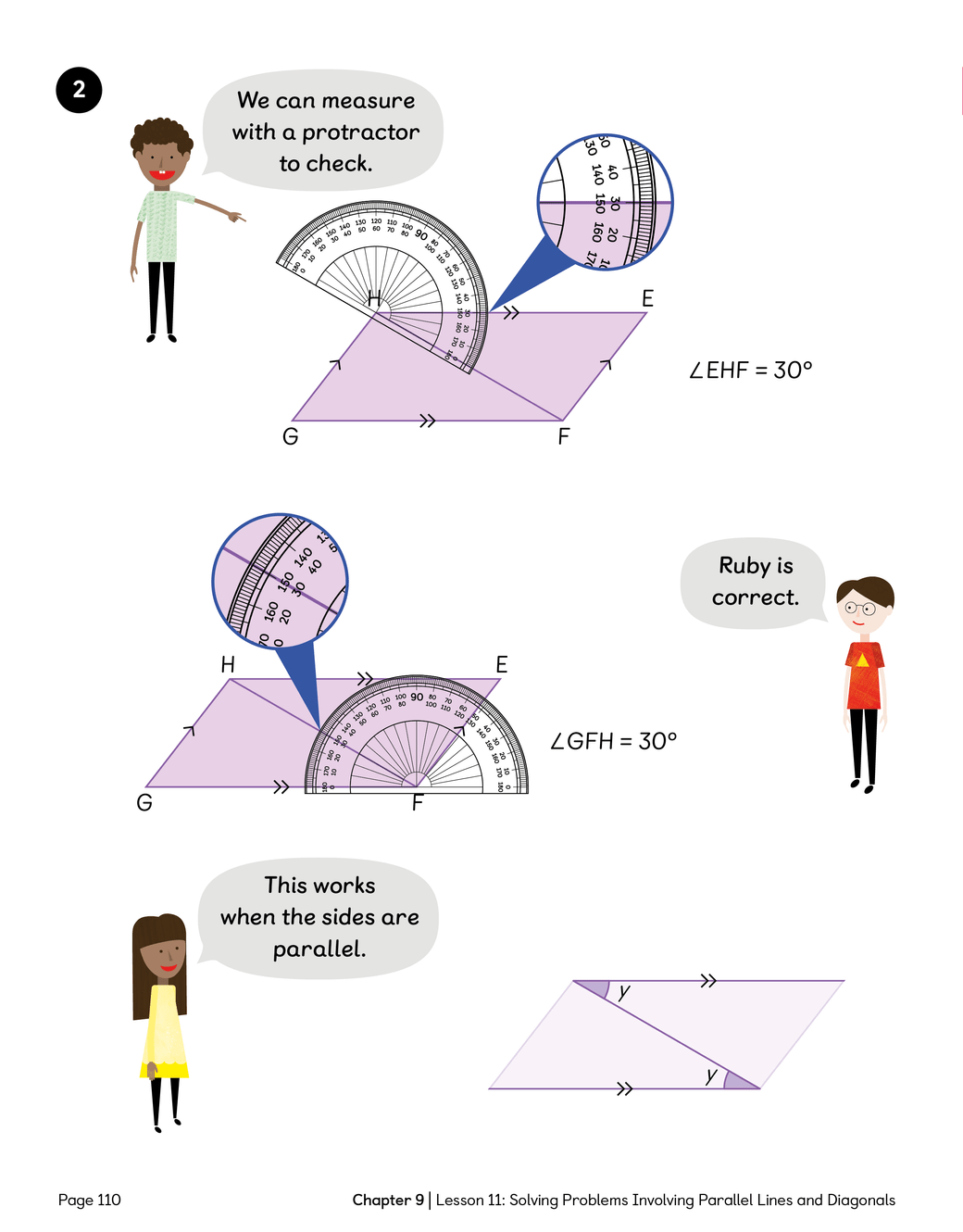
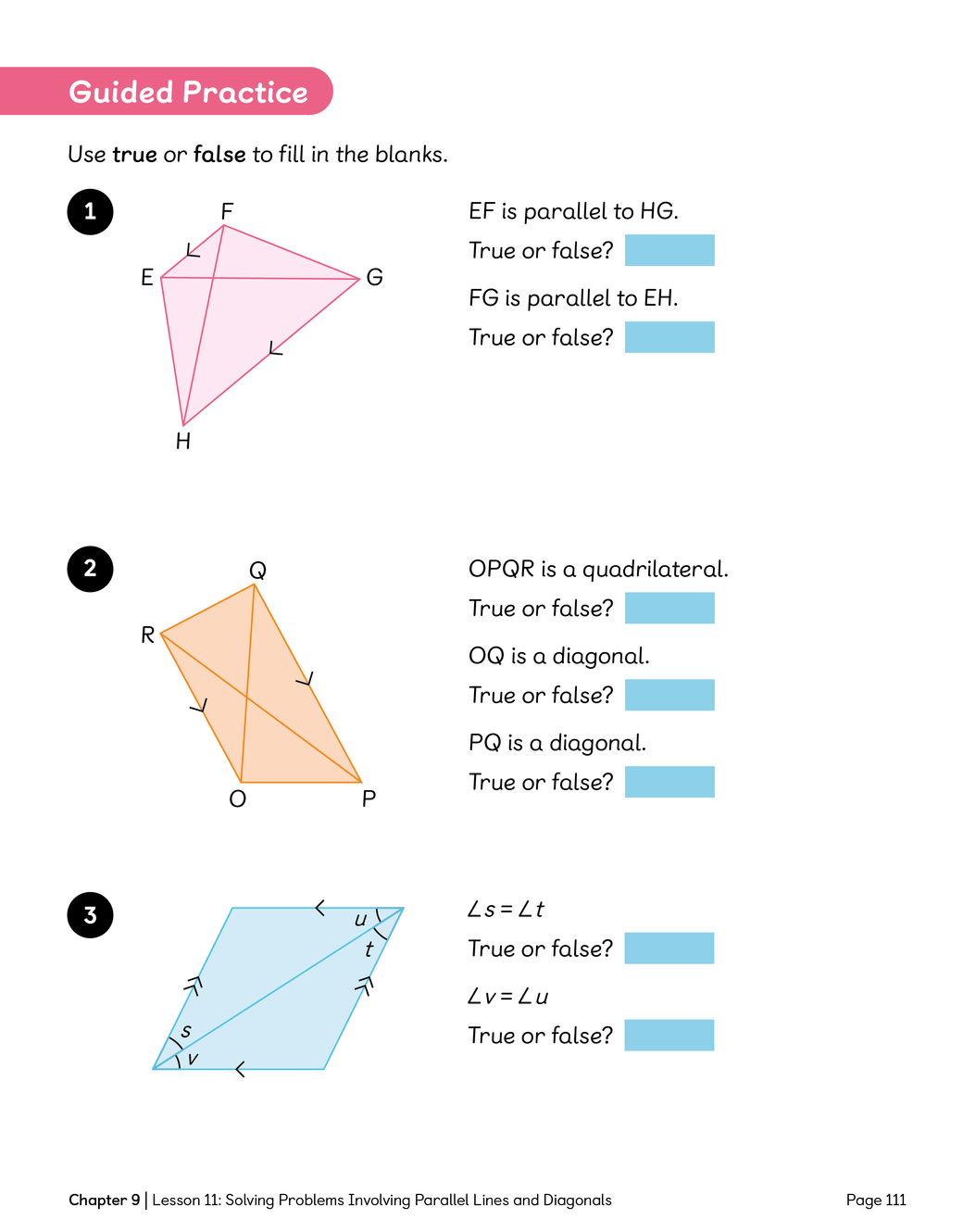
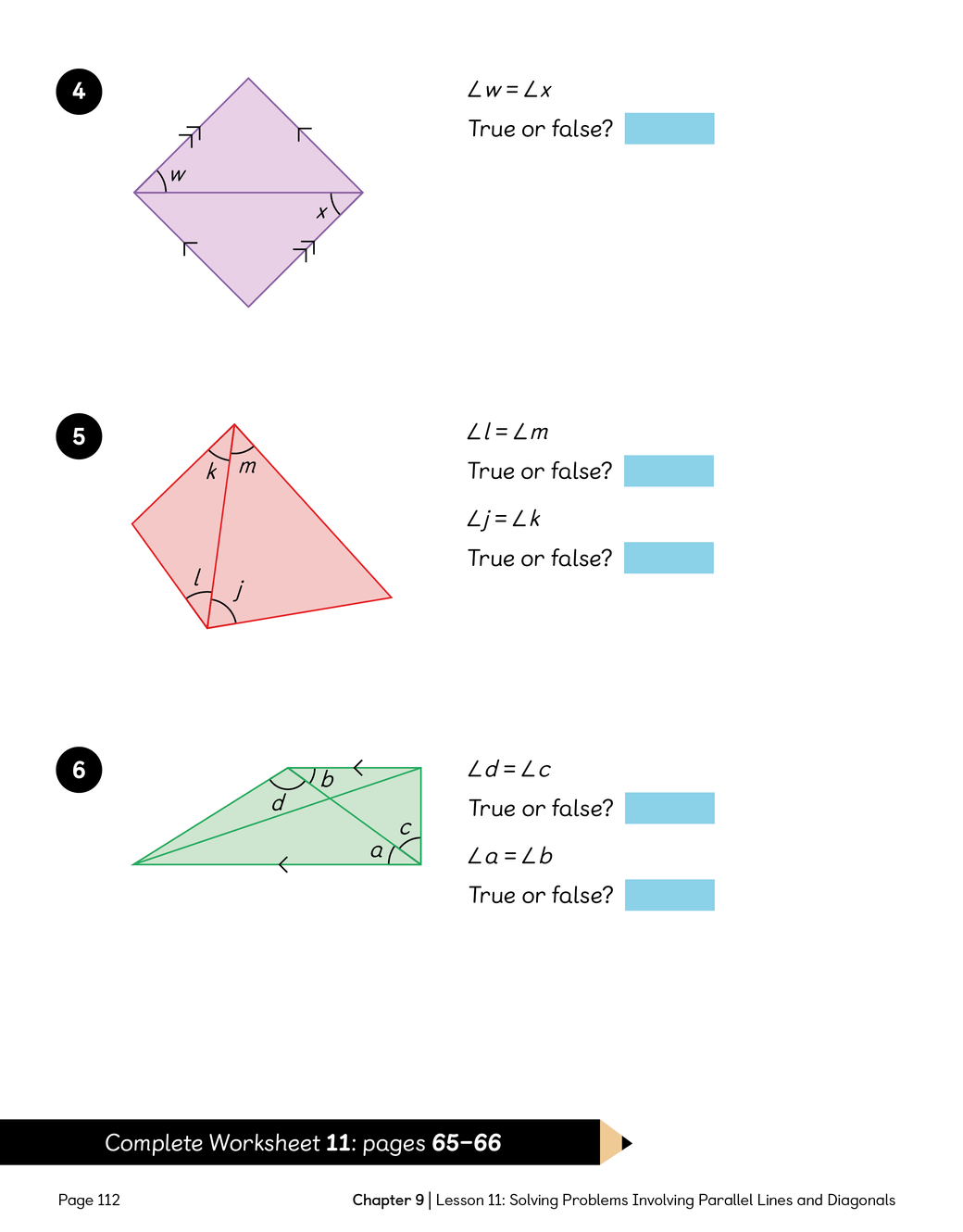
Complete the RIC.
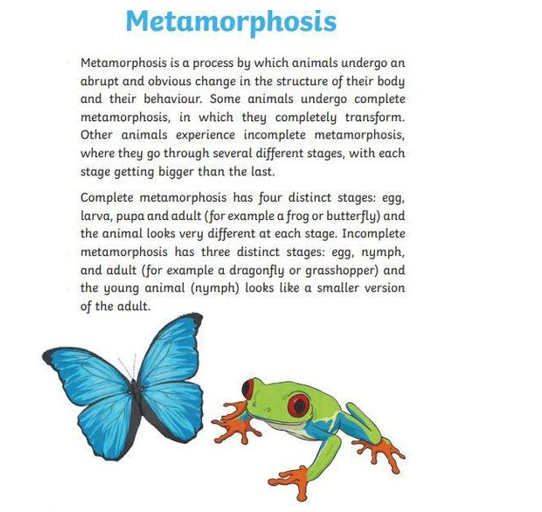
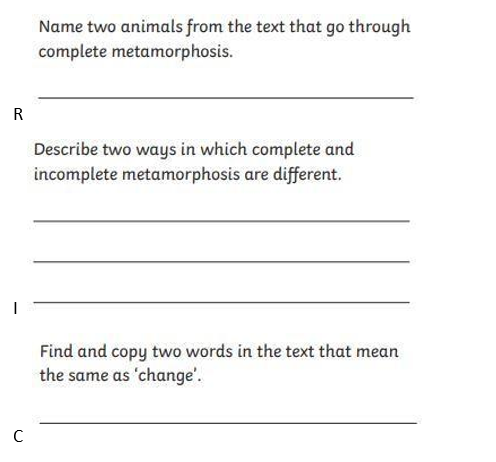
LC: to explain the meaning of words within the context of the text
How can we try to establish the meaning of words we're not sure about by considering the context?
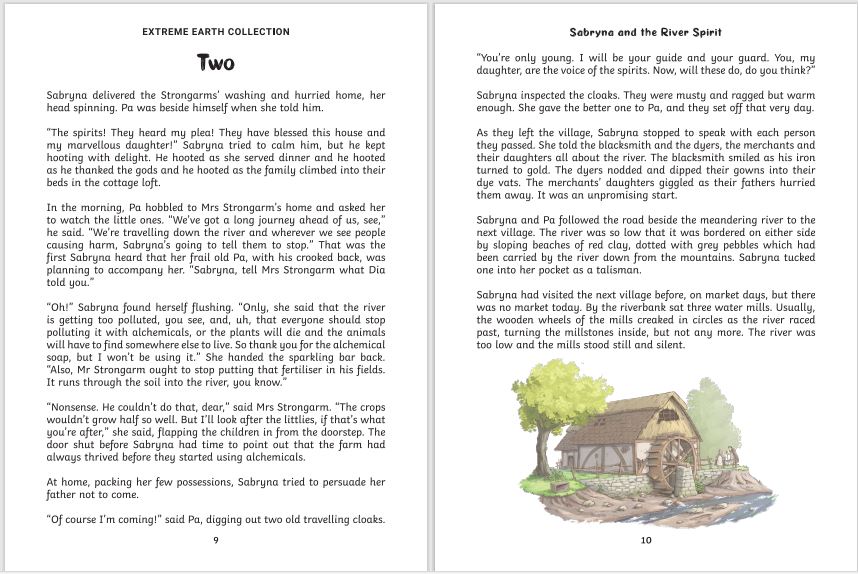
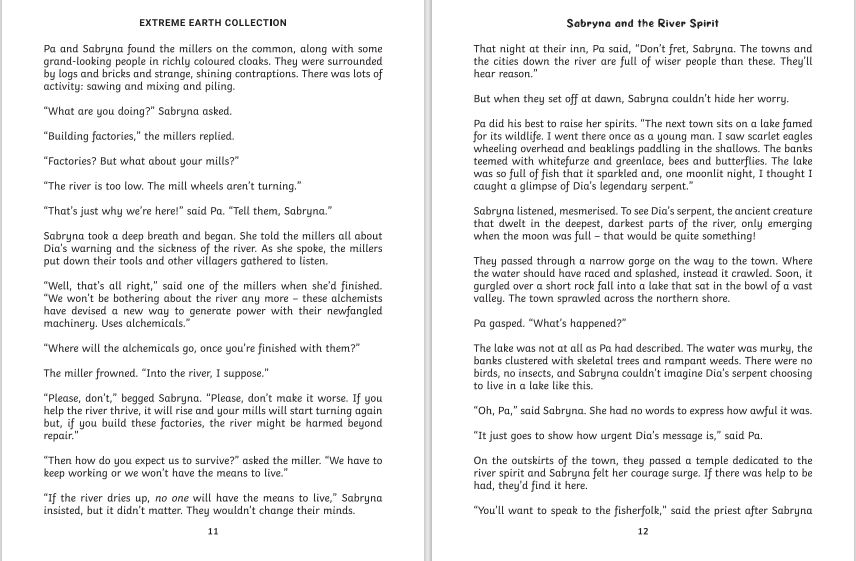
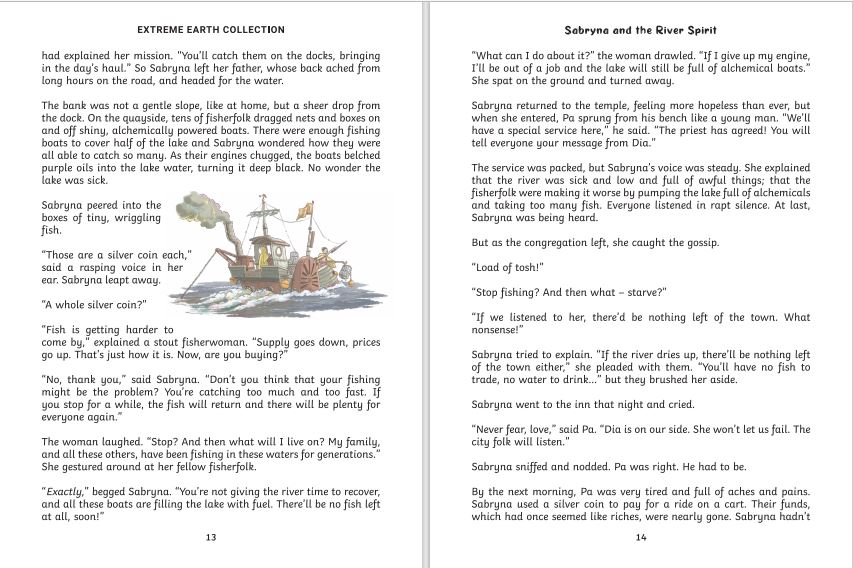
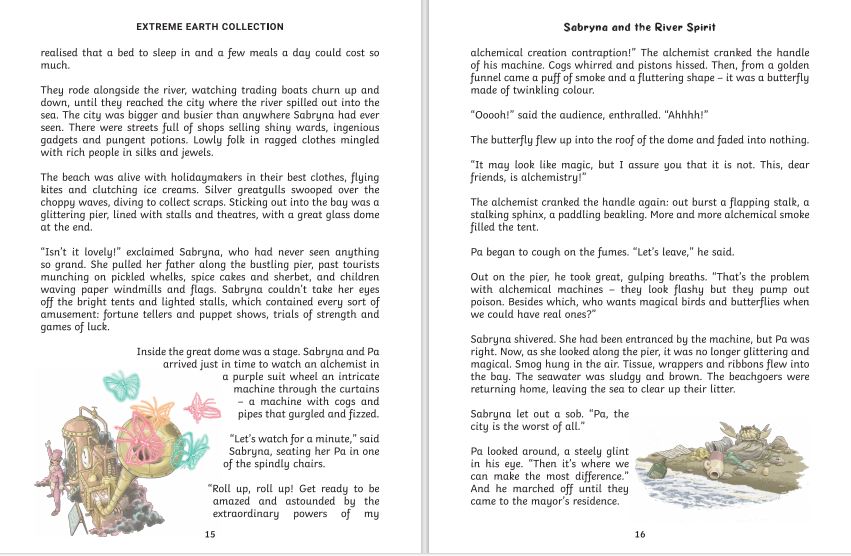
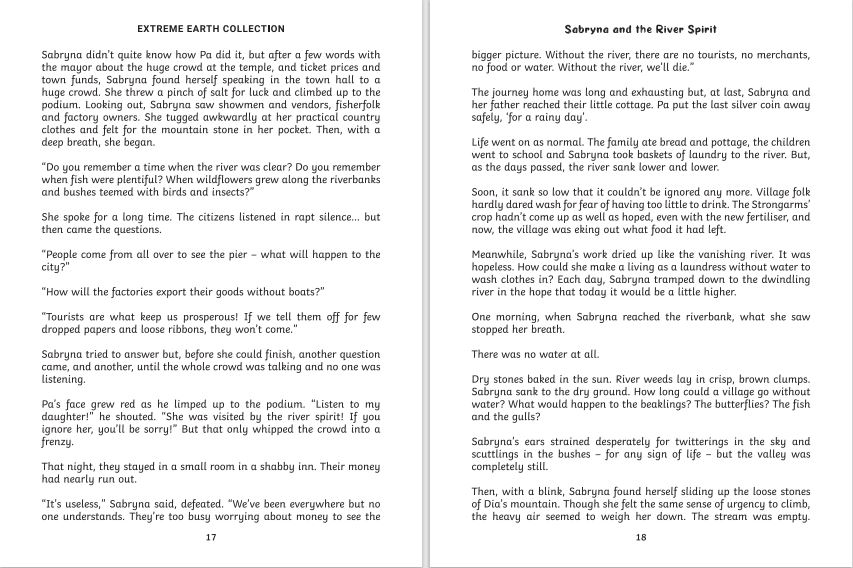
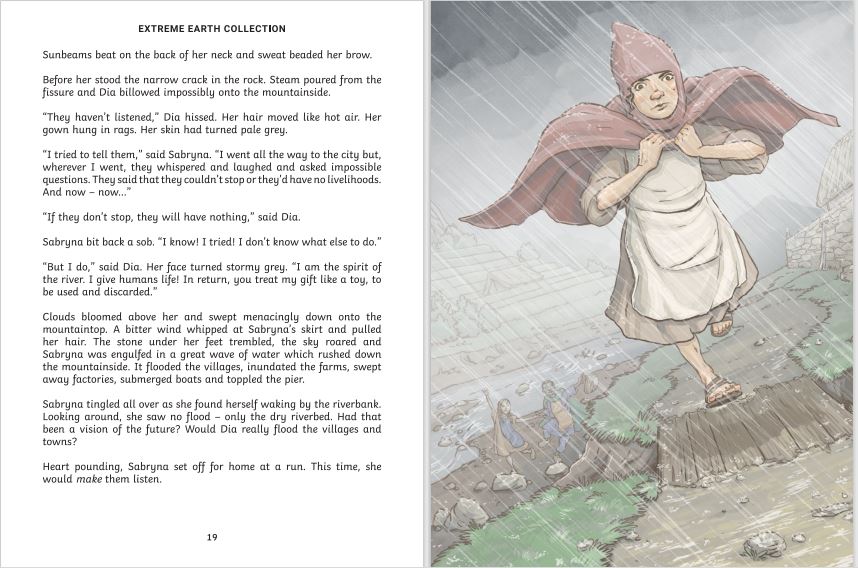
Let's read together the 3rd paragraph on page 9.
What do we think the word 'frail' means?

What clues are there?
--------------------------------------------------------------------------------------------------------------
Look at the word alchemicals on page 11.

What clues are there in the text that tell the reader what this might mean?
--------------------------------------------------------------------------------------------------------------
Your turn:
Can you explain the meaning of these words?
Remember to give your reasons.
Read the paragraph on page 9 beginning 'In the morning ...'
Use the context and clues in the word to work out the meaning of
accompany
 ----------------------------------------------------------------------------------------------------------
----------------------------------------------------------------------------------------------------------
Read the paragraph on page 10 beginning, 'Sabryna and her Pa followed ...'
What do you think a talisman is?

---------------------------------------------------------------------------------------------------------------
On page 12, what do you think whitefurze and greenlace are?

What does the word skeletal tell the reader about the trees by the lake?
Tuesday 6th May 2025
LC: To identify the Christian beliefs and values contained within the Apostles' Creed declaration and discuss how these might have impact on a believer.
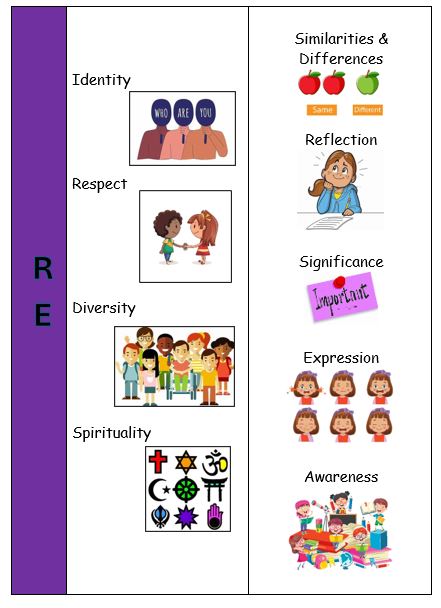
The Apostles' Creed is a summary of what the Church teaches, and of what most Christians together believe, rather than a detailed statement of individual and personal belief.
Some Christians believe that saying the Creed binds Christians together as a believing community, across different traditions and practices.
You are going to use your orienteering skills to discover the words of the Creed.
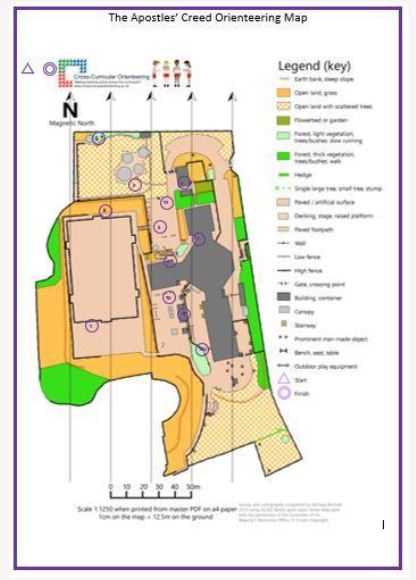
Statement of Faith/Belief from different churches
Hurstwood Church
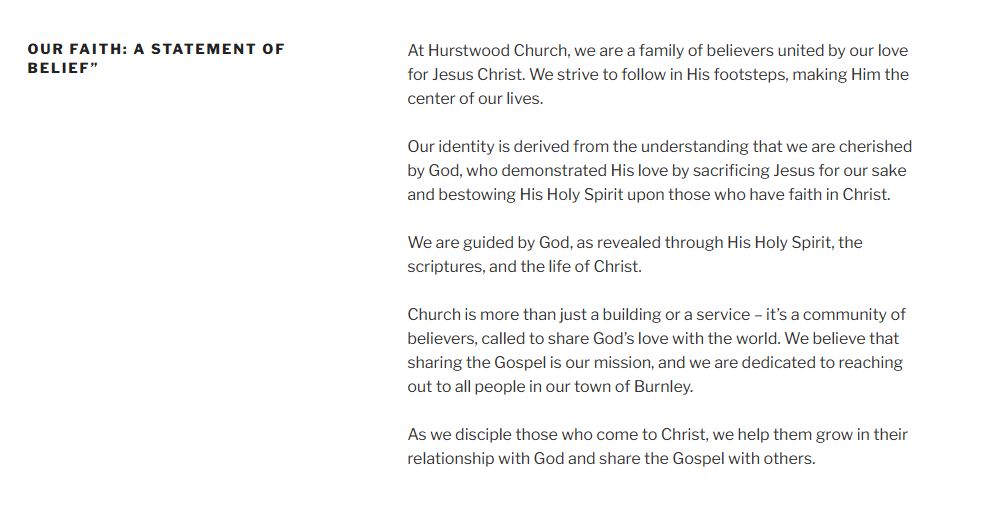
Click on the link below for Brave Church
Click on the link below for Salem Congregational Chapel
Click on the link below for Life Church
Why would the Christian community (church) want or need an agreed statement of belief?
How does the Apostles' Creed and other Statement of Faiths impact a believer?
Tuesday 6th May 2025
LC: To understand how to help and support others experiencing mental health difficulties. (empowerment)
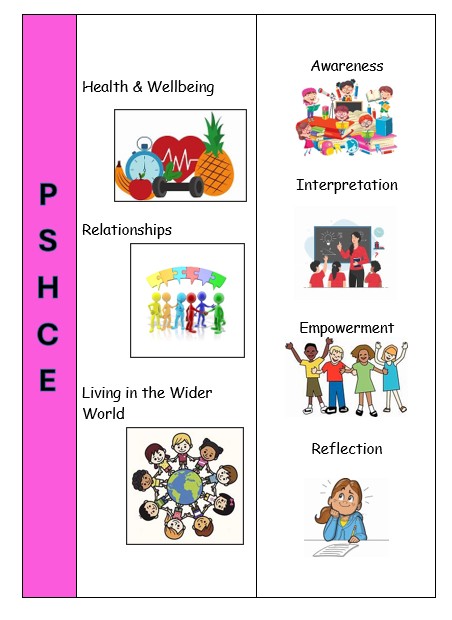
There are lots of things you can do to support someone you know who might be struggling with their mental health.
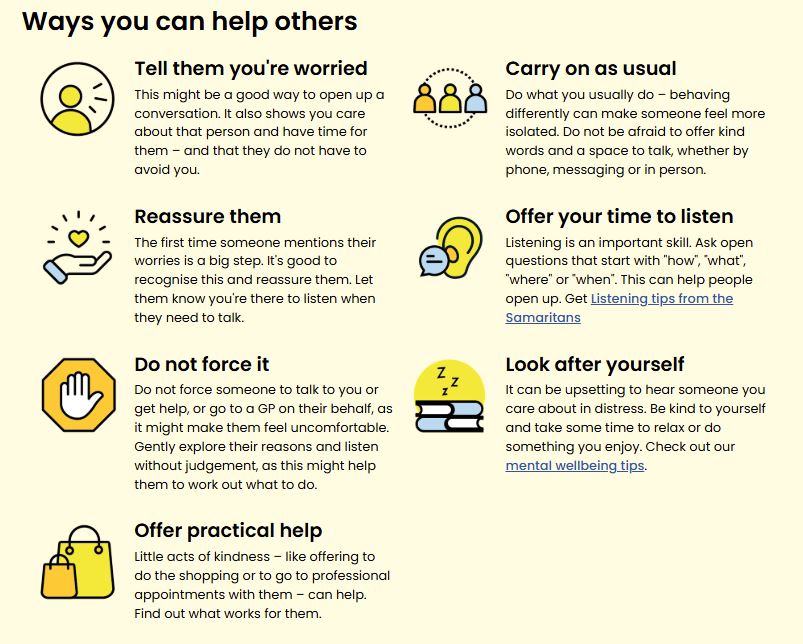
Can you write or draw examples of helping and supporting someone else experiencing mental health difficulties.
E.g, Talking to a friend on the phone or giving someone reassurance 'I am here to listen when you are ready to talk'.
In England, the first Monday in May is a bank holiday, which was yesterday. Many businesses and schools close for the day to give the workers a day off - this is a time to recognise the benefits of treating workers with respect and making sure they understand that they are valued.

